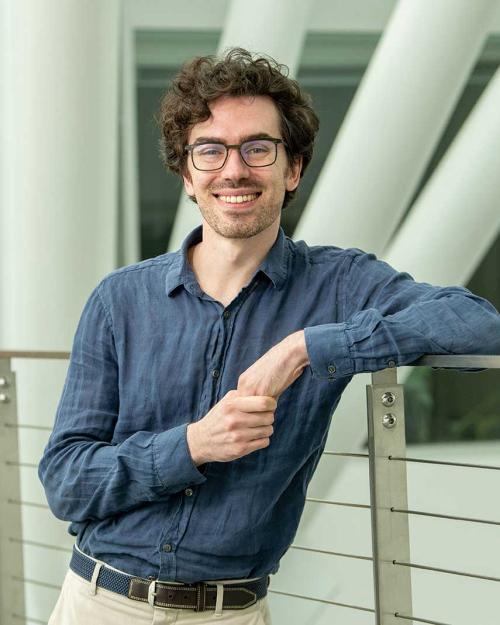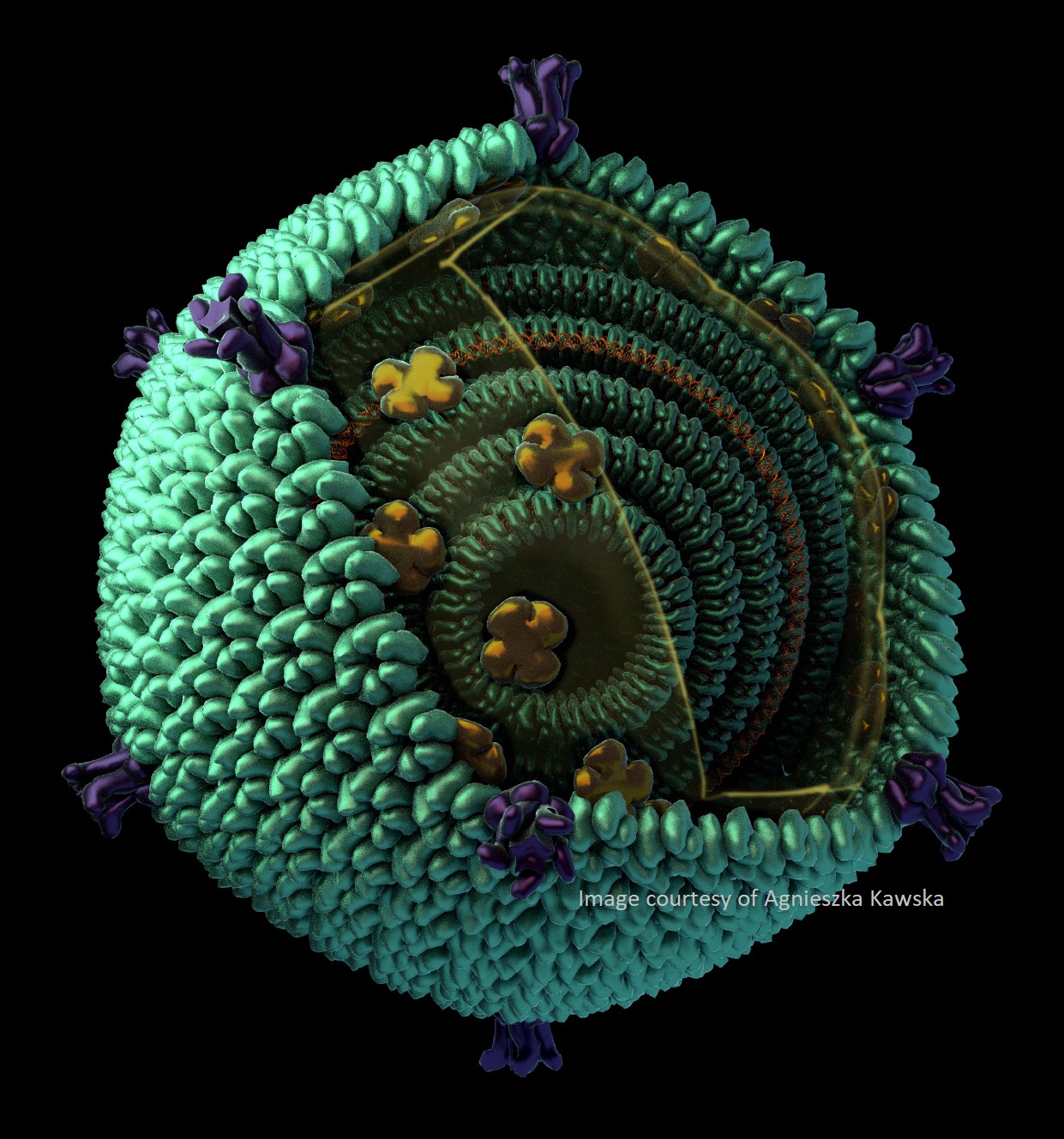Online, Once a Month. Wednesday at 8am PT / 11am ET/ 4pm BST / 5pm CET / 11pm China.
Registration has changed. For zoom links and announcements, please register to our mailing list. This is a read-only mailing list (users cannot post). Please use your institution/ company email – we approve registrations manually and this helps us know who you are . You may receive an email asking you to confirm your registration, it is important that you click the link, otherwise we will not see your request.
Organizers: Joakim Andén, Dorit Hanein, Roy R. Lederman and Steven J. Ludtke
All Talks – Past talks – Upcoming Talks
Next Talk

Holger Stark
Researcher
Max-Planck-Institute for Multidisciplinary Sciences
Date and time: February 4th, 2026 Wednesday at 8am PST / 11am EST / 4pm GMT / 5pm CET / 12am China
For the zoom links, please join the One World Cryo-EM mailing list.
Is Cryo-EM as Good as It Gets? Where We Stand, What We’re Missing, and Why It Matters.
Single-particle cryo-electron microscopy (cryo-EM) has become a transformative technique for determining the three-dimensional structures of biomolecules, building on nearly a century of innovation since the invention of the electron microscope in the early 1930s. Over the past decade, advances in microscope hardware, computational power, and image-processing algorithms have enabled atomic-level structure determination of proteins and large macromolecular complexes. During this time, cryo-EM has resolved many challenging structural biology targets that previously eluded X-ray crystallography.
The rapid expansion of high-end microscopes, powerful computing resources, and user-friendly software has propelled cryo-EM to even rival X-ray crystallography in the annual number of structure depositions. Yet, despite this remarkable progress, significant technical bottlenecks and limitations remain. At a time when cryo-EM seems to have reached maturity as a structural biology method, it is crucial to take a closer look at its current constraints and identify where future improvements are most needed.
This presentation will examine these challenges and explore strategies to further enhance the resolution, quality, and throughput of cryo-EM
Last Talk

Erik Thiede
Asst. Professor of Chemistry and Chemical Biology, Cornell University
Date and time: December 3rd, 2025 Wednesday at 8am PST / 11am EST / 4pm GMT / 5pm CET / 12am China
For the zoom links, please join the One World Cryo-EM mailing list.
Deconstructing Algorithms for “Discrete” Heterogeneity in Cryo-EM
Classic approaches to analyzing conformational or compositional heterogeneity in cryo-EM model attempt to recover a discrete set of structures from the data. But despite how common these algorithms are, exactly how these structures relate to the structures the molecule observes in solution is not fully understood. In this talk, we revisit the likelihood-based algorithm for finding discrete classes. By considering the limit of a large number of structures, we show that this algorithm can be viewed as an approach to solving a stochastic inverse problem for the latent structural probability density. This gives us a new understanding of how the algorithm behaves in the limit of large data. Moreover, our analysis gives a systematic way to construct new algorithms for recovering probability densities associated withheterogeneous data. As an initial contribution, we introduce an algorithm based on the Wasserstein gradient flow. Our work points the way towards more efficient and noise-robust algorithms for recovering heterogeneity with quantitative accuracy.
Diego Sanchez Espinosa, Erik Thiede, Yunan Yang.
